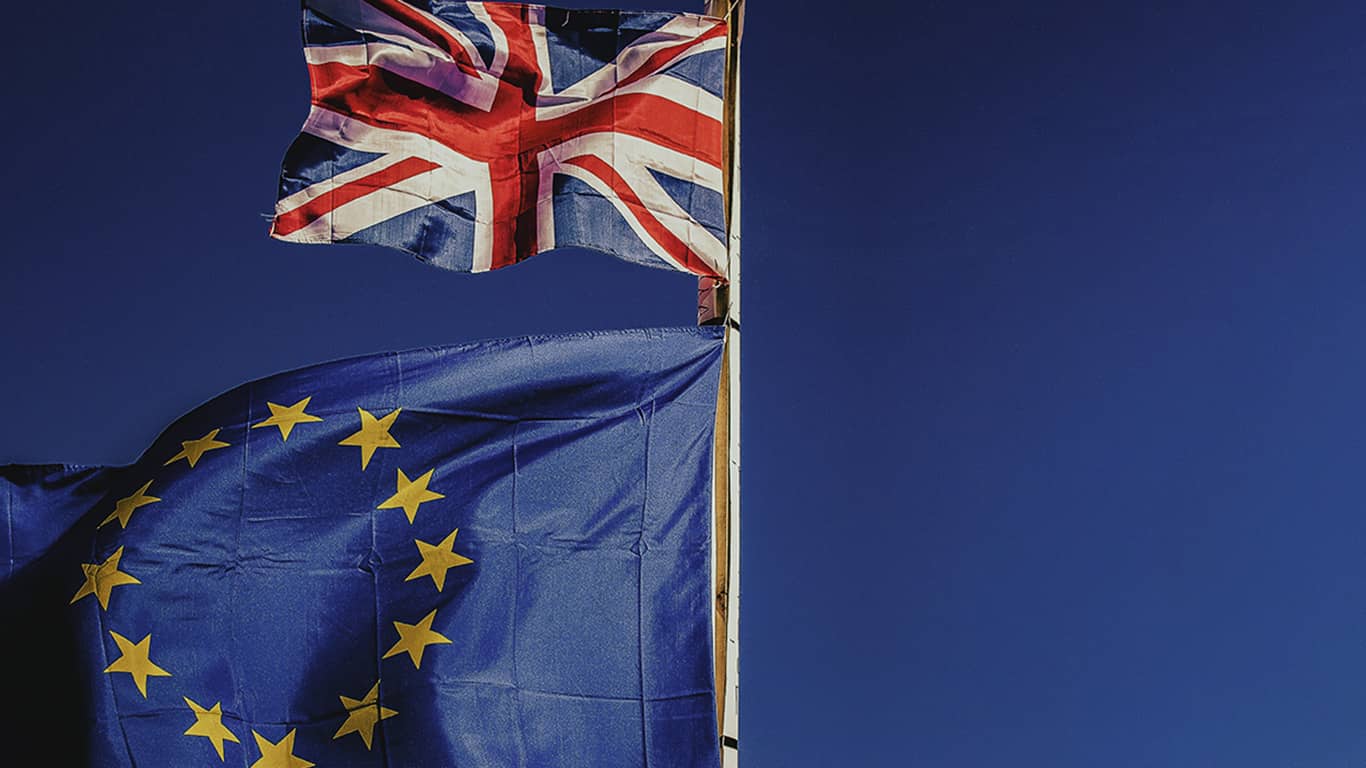
The long-awaited Brexit deal allows the UK and European Union (EU) to continue trade without extra taxes being put on goods, ending months of deliberation over future business and trade rules.
The UK had voted to leave the EU in 2016 but left on 31st January 2020, with the percipience that the leaders would get a transition period of 11-months following the exit (until 31st December 2020) to work out a trade deal. Until then, the UK had to follow EU work rules. According to UK government sources, EU is UK’s nearest and most significant trading partner with trades worth almost £668bn in 2019.
The Brexit deal agrees that there will be no taxes levied on goods crossing over on either side. Also, there will be no cap on the quantity of things that can be traded. Without the deal, EU and UK would have to follow the rules set by the World Trade Organization (WTO). Businesses would have to start paying taxes, and there would have been more border checks causing delays in the transportation of goods.
There might be changes ahead, as it still needs to be worked out on how people between the UK and EU will travel, live, and work. The deal still needs to be made law after approval from both UK and European parliaments. Till that happens, the agreement can still take effect as it has been unanimously approved by all the 27 EU countries and the UK.
“There is still hard work ahead. We have a trade deal, but we’re going to be trading in a different way going forward and we have to be prepared,” said one dairy owner in the UK.
Even though people don’t get much time to prepare for the changes starting from 1st January 2021, it still brings massive relief for companies already reeling from the impact of coronavirus.

